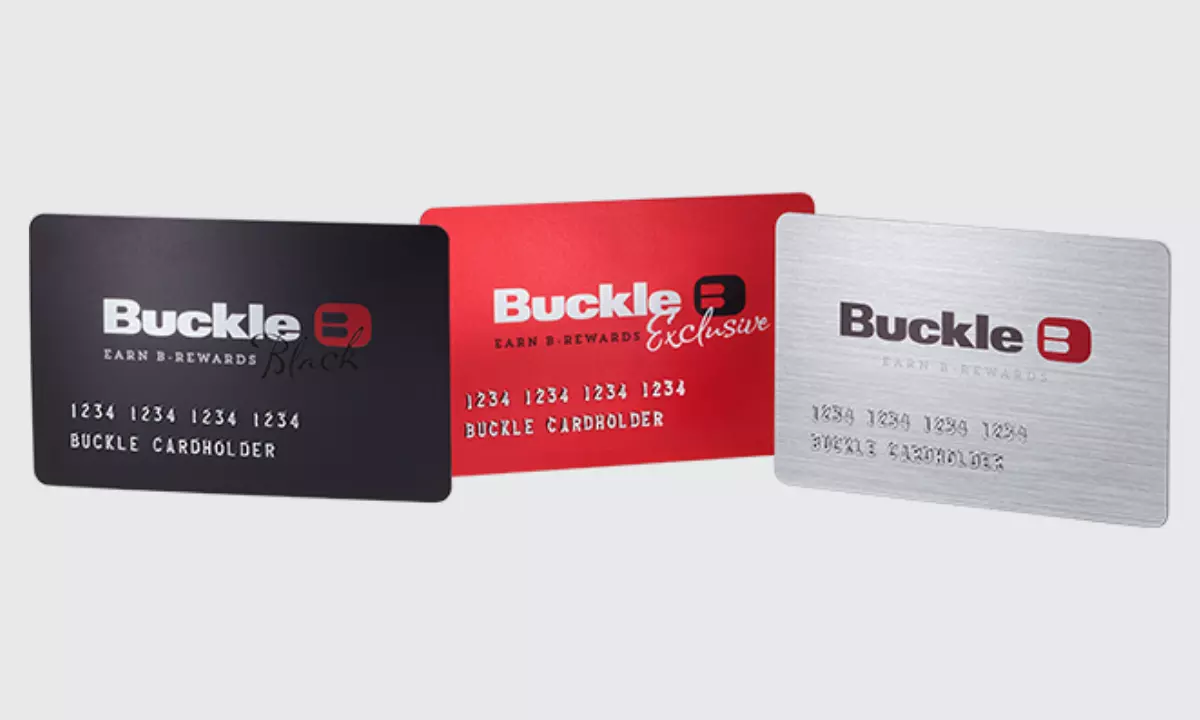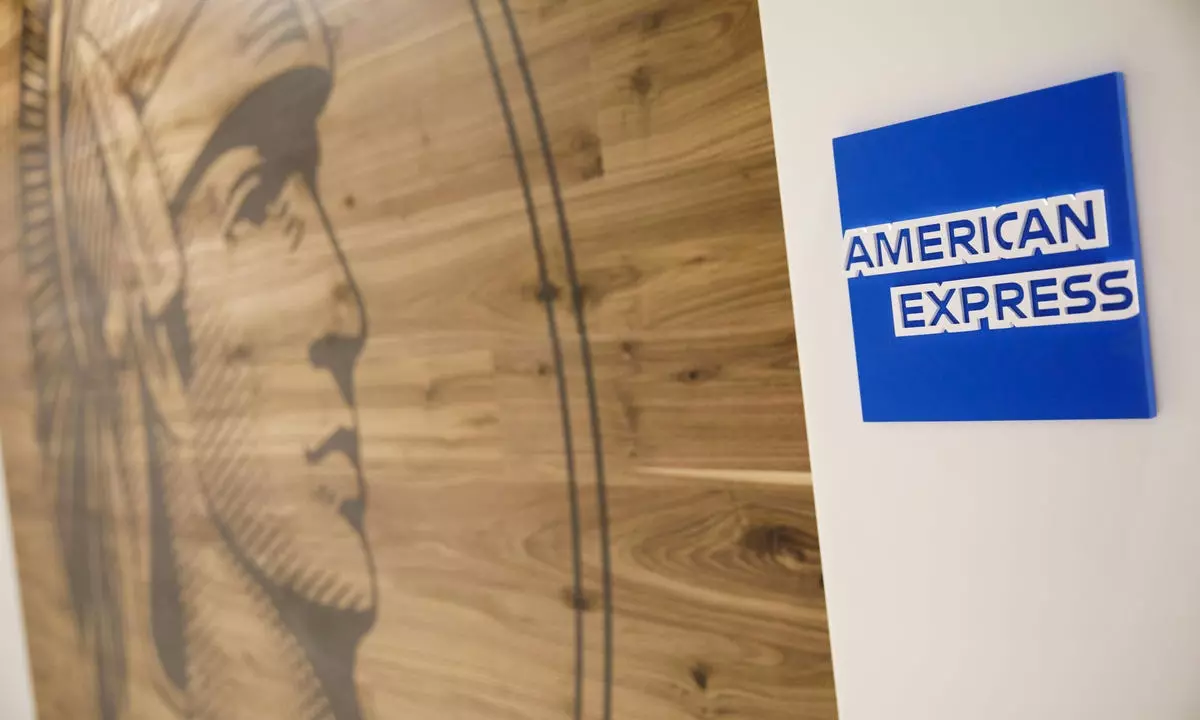Credit cards are not just physical cards that you use to buy and pay back later; they are like personal loans designed to help you. The great thing about credit cards is that, in most cases, approval for a credit card is much easier and requires fewer qualifications than approval for a personal loan.
It is important to know how to qualify for a credit card before you apply so that when you actually apply and go through all the waiting, you will be approved. There are some things you can do to improve your chances of being approved. That’s what we’re here to help you with; read on to find out everything you need to do before you apply for a credit card.
Research your options
Whether you’re applying for your first credit card, or you already have one and want to apply for a new one, the process is pretty much the same. In any case, you need to know that the first few steps are the basis for acceptance or rejection.
To avoid hasty decisions, it’s important to understand the criteria by which we compare when deciding which credit cards are the best. Our comparison has two dimensions: cost and benefit. If you compare the cost to the consideration, you can make an informed decision about which credit card is right for you.
Below we break down all the costs you should pay and any rewards you might get:
Cost
- Annual Fee: Many credit cards charge an annual fee for owning the card. This fee can be as low as $90 or as high as $550, more or less. Some other credit cards have no fees for the first year and only start the second year. Many other cards have no annual fee at all.
- Interest Charge (APR): If you do not pay your monthly statement in full, your balance will be affected by the continuously variable APR provided in your cardholder agreement. Interest rates vary by card and issuer, but typically range from 13.99% to 23.99%, more or less. Many cards offer promotional periods where you can earn 0% introductory APR on purchases, balance transfers, or both for a few months after account opening.
- Transfer Fees: Transferring your balance from an old card to a new card typically incurs transfer fees ranging from 3% to 5%, with a minimum fee of $5 or $10.
- Late Payment Fee: Any time you miss a payment, your issuer will penalize you in something called a “late payment fee.” Your first late fee is about $25, and if you continue to default on payments, your fees will only increase. Late fees vary by issuer.
- Over-Limit Charges: If you try to exceed your credit limit, your issuer will usually reject your transaction. However, they will tell you that you can exceed a certain fee limit. Then it’s up to you to decide if you want to continue.
- Foreign Transaction Fees: If you use your card outside the United States, you may be charged a fee for each transaction. Some cards have higher fees than others, and some have no international transaction fees at all.
Benefits
- Sign-up bonus: If you have good or excellent credit, you are usually eligible for a one-time sign-up bonus. For example, if you spend $7,000 in the first six months, you might receive a $750 back offer.
- Cash Back: If your card offers cash back rewards (most cards do), you’ll get a percentage back on your purchases. For example, some cards offer a flat 3% discount on all purchases; some offer 5% off groceries and gas and 2% off all other purchases, and so on. Your points can be redeemed for account credit, gift cards, money that can be deposited directly into your bank account, and more.
- Frequent Flyer Points: These cards are also known as travel rewards credit cards. If you’re a frequent flyer, you can benefit greatly from these cards by earning points and miles to pay for all travel-related expenses. You can redeem your points for hotel stays, airport lounge access, flights, and more.
- Other perks and perks: Some credit cards offer perks like discounts on certain services and locations, free introductory memberships to streaming services, Uber points, and more.
After understanding the costs and benefits of different issuers and credit cards, you can determine which card is best for your needs. This step is called a price comparison; they will compare different credit cards to weigh your options and make sure the benefits of the card outweigh your costs.
With so many credit cards on the market, choosing the right one can be confusing. To help you with your search, we’ve created a list of our top and best credit card recommendations.
Check if you are eligible for a credit cards
Once you’ve identified the issuer, you can check to see if you qualify for their general credit card or the specific one you have in mind. To do this, you need to go through a process that requires you to do some work. In most cases, you will be required to fill out online forms that may contain some personal information, including your Social Security number. This process triggers a gentle request that will not affect your credit score in any way.
After you’ve checked your creditworthiness, your rating can be “pre-approved” or “pre-qualified,” meaning you have met all issuer criteria. However, this does not guarantee that your actual application for a credit card in the future will be approved.
也可以看看!
- 美国运通百夫长黑卡评论
- X1信用卡 – 查看如何申请。
- Destiny 信用卡 – 如何在线订购。
- 达美“飞凡里程常客计划”储备美国运通卡评论 – 查看更多。
- American Express focuses on customer experience with new checking account and redesigned application
Information needed to prepare an application
When you apply for a new credit card, you need to provide some information. Information varies between card issuers, but in general, when dealing with major credit card issuers, you’ll typically be asked:
Personal information
- Full name and date of birth
- Country of Citizenship
- social Security number
- Residential Address
- Contact information
Financial Information
- Account Details (Savings and Checking Accounts)
- Monthly Mortgage or Rent Payments
- Any other existing credit account or debt
Employment and Income Information
- Profession
- Information About Employers
- Total revenue
Additional Card Related Information
- If you are applying for a new card to transfer your funds from your old account, you must mention this.
Again, keep in mind that the information required varies by issuer.
Ready to knock your credit
When you apply for a new credit card, you should expect it to trigger a tough request. A hard look on your credit report can affect your credit score; it can lower your credit score by several notches, and it can remain on your credit report for up to two years.
Don’t worry though, because in most cases, strict requirements won’t affect your credit score as much as you might fear. Plus, their impact on your credit report diminishes or disappears over time. But anyway, you need to be prepared for it so that when it happens, you don’t think something is wrong.
If approved, you will learn about best credit card practices
If you’ve been approved by your credit card issuer, congratulations! Make sure you know the recommended practices to follow from then on to use your credit card worry-free. Credit cards differ from regular debit cards in that you use them to make purchases and you are 100% responsible for paying them back; if you use them carelessly, you could end up in debt.
You can keep yourself safe if you stick to these three practices:
Always pay bills on time or in full
Always paying your bills on time or in full ensures you don’t face additional interest, late fees or bad credit. In fact, you will start working towards a strong credit score and an impressive credit report that will make you perform better in the future.
When you receive your monthly statement, you may be tempted to pay the minimum amount, up to $25. However, you should know that over time, this will generate interest and end up with high-interest debt for you.
Your issuer will give you a due date and a payment date each month; the due date is the last day you can buy, and the payment date is the date you must pay your bill.
Keep your balance low and only buy what you can afford
It’s also tempting to buy something without thinking about the fees you have to pay at the end of the month or billing cycle. However, you should always spend wisely to ensure that you are charged relatively low compared to your available credit limit. This way, you can ensure that you can pay more than the minimum on time, which in turn will help improve your credit score. Your credit utilization plays an important role in affecting your credit score, accounting for 30% of the factors that affect it.
Monitor your monthly bill
By keeping an eye on your monthly statement, you can keep an eye on your balance to make sure it stays low. You can also keep a limited budget so you don’t have any unpleasant surprises at the end of the month. Plus, you can check for fraud to spot suspicious transactions before it’s too late.
What if I am not admitted?
It’s not the end of the world if the credit card you apply for is declined; many people apply for a credit card and get rejected and try other cards and get approved.
You can also weigh your options as you are better off applying for a traditional unsecured card or a secured credit card that requires a cash deposit to back your account.
也可以看看!
- 美国运通百夫长黑卡评论
- X1信用卡 – 查看如何申请。
- Destiny 信用卡 – 如何在线订购。
- 达美“飞凡里程常客计划”储备美国运通卡评论 – 查看更多。
- American Express focuses on customer experience with new checking account and redesigned application



